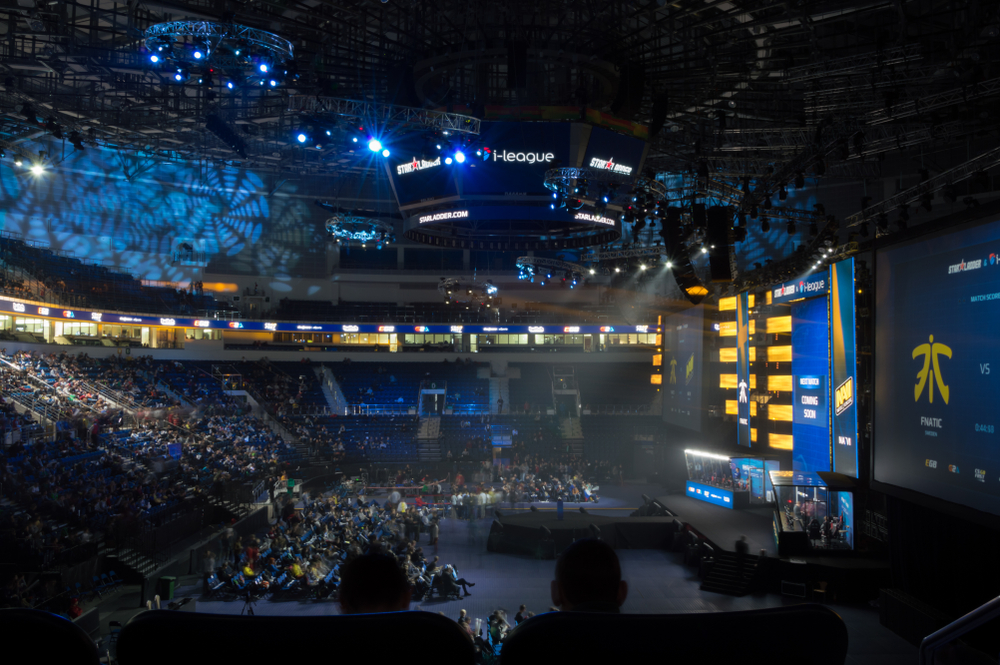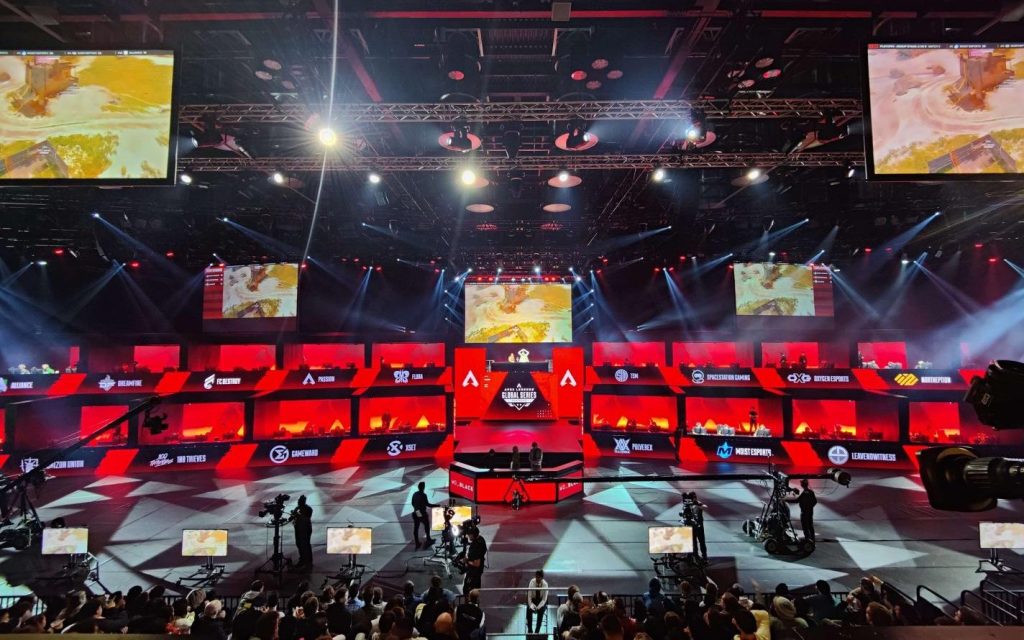Roddy Forgie, a Commercial Contracts Lawyer in Shepherd and Wedderburn‘s dedicated esports group, writes for Esports Insider to explain the critical role of contracts for organisations responsible for staging esports events.

The successful staging of an esports event, like other sporting spectacles, does not happen overnight.
It requires careful planning, the cooperation of multiple stakeholders and negotiations over various legal contracts. Those contracts will generally contain sensitive commercial information and be subject to confidentiality obligations. As a result, these terms are typically hardly ever known by esports enthusiasts.
Still, they are the foundation upon which event organisers are able to maximise the value of events and mitigate risk should things go wrong.
What contracts will an esports event organiser need to put in place?
The type of contracts that will be required can be categorised into three broad headings:
1. Supply contracts
Organising an esports event will involve reliance on multiple suppliers, which in turn will require the negotiation and agreement of various supply contracts.
First and foremost is the venue agreement, assuming the event organiser is not in the enviable position of owning its own arena or stadium. Venues range from ready-built esports studios specifically designed for leagues (for example LoL Park in South Korea, the home for the LCK) to more traditional arenas capable of being repurposed (for instance the Copper Box Arena in London, which has recently hosted League of Legends’ MSI and the RLCS).
The venue agreement between the owner and event organiser will govern the terms upon which the event space may be accessed and used by the esports fans attending the premises in anticipation of witnessing the most talented esports gamers compete.

Supporting the venue agreement will typically be a variety of ancillary supply contracts. These govern everything from the provision of security services to the hire of additional equipment.
Aside from these more functional contracts, a key contract for all event organisers will be the one that covers the ticket sale platform. This contract will govern issues such as uptime availability for the ticketing platform, service levels for responding to and resolving technical issues and whether or not tickets are sold on a white-labelled basis. It underpins what will ultimately be the event organiser’s first interaction with its customers.
2. Contracts that commercially support the event
The popularity of offline esports events has provided increased scope for event organisers to exploit its rights in the event through a variety of commercial contracts.
Sponsorship contracts can often be a lucrative source of income. Recent examples include game developer Riot Games extending its partnership with luxury automobile brand Mercedes-Benz until at least 2025, with the 2022 League of Legends World Championship a ‘highlight’ of the deal. There are also valuable, one-off, partnerships that can be garnered, such as Absolut Vodka, Ballantine’s Scotch whisky and Jameson Irish Whiskey partnering with the BLAST.tv Paris Major 2023.
Extensive merchandising opportunities also exist. Depending on how routes to market are structured, an event organiser will likely have multiple contracts involving the licensing of trademarks associated with its event and the distribution of products in different territories around the world.

One commercial avenue that isn’t as prominent is broadcasting, albeit deals do somewhat exist in the space regionally. Unlike traditional sports, most esports are broadcast for free on streaming platforms such as Twitch or YouTube. These channels are far more popular with the esports demographic than linear TV.
However, esports entertainment presents business opportunities that do not arise in traditional sports. For example, the sale and promotion of digital content (digital currency, emotes, skins etc.) directly to fans through broadcasts and, in some cases, the games itself. In these situations, further relationships will be established between the event organisers and its fans, particularly those who are not attending in person.
3. Customer contracts
While there will be countless informal communications and other touch points between the event organiser and its fans, there will also be a formal contractual relationship established with those who attend the event. This contract will be based on the event organiser’s ticket terms and conditions. In most cases, it will be formed without negotiation at the time of purchase by the person buying tickets ticking a box to confirm their agreement.
As well as being the key document that governs the ticket holder’s right to access the venue, it will invariably set out a number of obligations of each attendee, including conduct at the venue, and, importantly, rights to a refund.
What key issues need to be considered?

Here are some key issues that an event organiser will need to consider and address in its contracts:
- Cancellation – Events can be cancelled for reasons entirely outside of the event organiser’s control. Game developer Valve has more recent experience with this than it would want, having relocated its flagship Dota 2 esports event, The International, in 2021 as a result of governmental immigration issues. After moving to Romania, the offline event was later cancelled and moved online due to COVID-19.
At the start of this year the M4 World Championship (M4), Mobile Legends: Bang Bang’s final event of its seasonal esports circuit, changed its venues less than a month before the LAN event as a result of a fire at the original venue. As well as making sure that suitable contingency plans and insurance (if available) are put in place, event organisers need to ensure that contracts clearly set out the rights and obligations of each party should an event be cancelled. This includes, of course, a right to refund any sums paid.
- Liability – Contracts are not always performed in the way the parties would like. Significant losses can arise when one party fails to uphold its end of the bargain. Most commercial contracts will contain limits on liability to ensure there are parameters around each party’s exposure when things go wrong. These limits are an important mechanism to mitigate any risks when entering into a contract, including for an event organiser.
- Exclusivity – While sponsors, merchandise fulfilment partners, streaming platforms and other commercial partners may be prepared to pay attractive sums to an event organiser for having an exclusive relationship, that exclusivity can close off markets and potential income streams for an event organiser. As such, the company needs to carefully assess what rights are being granted in its contracts with these commercial partners.
- Data protection – Personal data can be a very valuable asset, but its use is heavily regulated. As well as implementing policies and processes that are compliant with data protection law, event organisers need to ensure that its contracts contain compliant data processing provisions.
- Enforceability – Consumer protection legislation prevents businesses from adopting terms in customer-facing contracts that are considered unfair. Failure to achieve this can result in such contracts or sections of these contracts, such as the ticket terms and conditions, being unenforceable.
Shepherd and Wedderburn’s dedicated Esports Group will be attending a number of industry events this autumn, including ESI London in October 2023. Get in touch with Roddy if this article has raised any questions for you.
From our sponsor Shepherd and Wedderburn.

